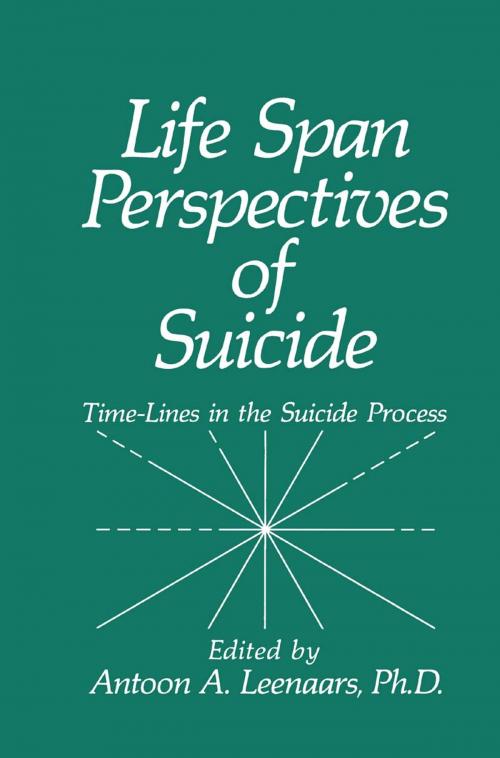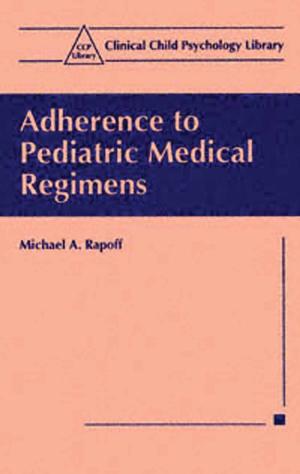Life Span Perspectives of Suicide
Time-Lines in the Suicide Process
Nonfiction, Health & Well Being, Medical, Ailments & Diseases, Infectious Diseases, Epidemiology, Reference, Public Health| Author: | ISBN: | 9781489907240 | |
| Publisher: | Springer US | Publication: | June 29, 2013 |
| Imprint: | Springer | Language: | English |
| Author: | |
| ISBN: | 9781489907240 |
| Publisher: | Springer US |
| Publication: | June 29, 2013 |
| Imprint: | Springer |
| Language: | English |
In recent years, a great deal of interest has been focused on suicide in the elderly and in the young. However, in line with modem trends in psychology, sociology, psychiatry, anthropology, and other human health fields, interest has now shifted to suicide across the life span, from childhood through adulthood to old age. This book has been conceptualized within this developing tradition. There are various ways in which life's timelines can be conceptualized. Developmental theory, we believe, should be open-ended. This has widened-and will continue to widen-our understanding of many complicated human acts including suicide. Though suicide is in many ways the same across the entire life span, understanding the time-lines in the suicidal process is imperative. To do so, however, is, we believe, challenging. In this volume, we attempt to engage in the process of understanding suicide from a developmental perspective. To do this, we have been fortunate to obtain the cooperation of a highly competent group of contributors. One interesting footnote to our list of authorities is that they represent suicidologists from across the life span-a few who are at the beginning of their careers, a large number in their middle years, and a few who are in the Indian summer of their professional lives.
In recent years, a great deal of interest has been focused on suicide in the elderly and in the young. However, in line with modem trends in psychology, sociology, psychiatry, anthropology, and other human health fields, interest has now shifted to suicide across the life span, from childhood through adulthood to old age. This book has been conceptualized within this developing tradition. There are various ways in which life's timelines can be conceptualized. Developmental theory, we believe, should be open-ended. This has widened-and will continue to widen-our understanding of many complicated human acts including suicide. Though suicide is in many ways the same across the entire life span, understanding the time-lines in the suicidal process is imperative. To do so, however, is, we believe, challenging. In this volume, we attempt to engage in the process of understanding suicide from a developmental perspective. To do this, we have been fortunate to obtain the cooperation of a highly competent group of contributors. One interesting footnote to our list of authorities is that they represent suicidologists from across the life span-a few who are at the beginning of their careers, a large number in their middle years, and a few who are in the Indian summer of their professional lives.















